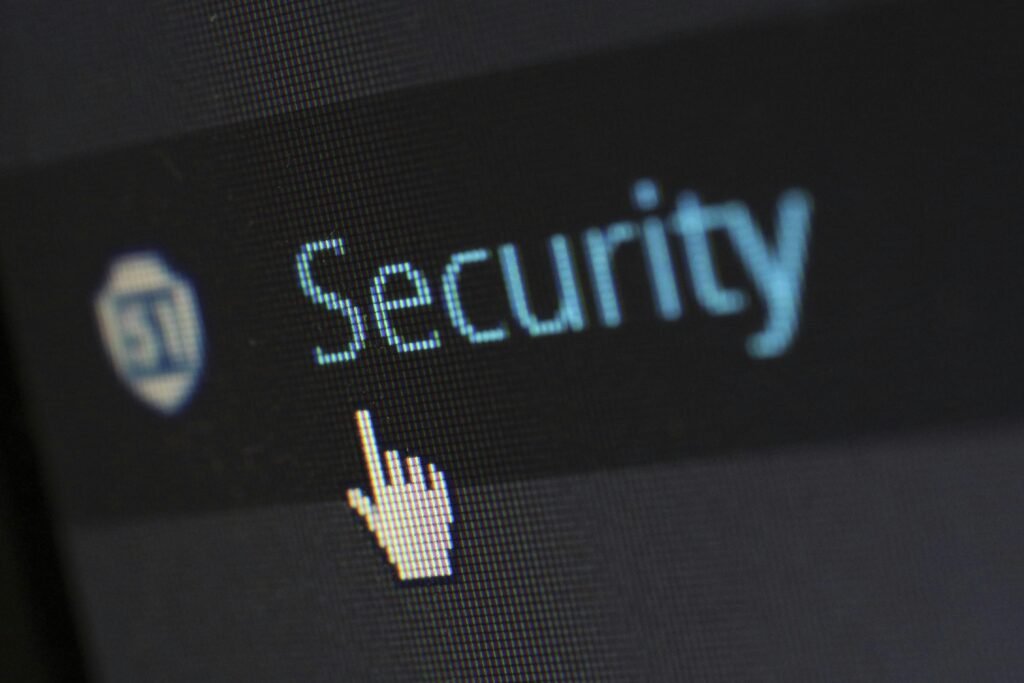With the rapid growth of the digital world, cybercrime has become a major concern in Pakistan. From online fraud to hacking and cyber harassment, internet users face numerous threats. Fortunately, Pakistan has strict cybercrime laws under the Prevention of Electronic Crimes Act (PECA) 2016 to combat digital offenses.
This blog post explains Pakistan’s cybercrime laws, common online threats, and how you can protect yourself from cybercriminals.
Understanding Cybercrime in Pakistan
Cybercrime refers to any criminal activity conducted through the internet or electronic devices. These crimes include hacking, identity theft, financial fraud, and online harassment. With more people relying on digital platforms for business and communication, protecting personal data is crucial.
Common Cybercrimes in Pakistan
- Online Fraud and Scams
- Fake investment schemes and online shopping frauds
- Phishing emails and deceptive financial transactions
- Hacking and Unauthorized Access
- Stealing personal data from accounts or networks
- Spreading malware and ransomware attacks
- Cyber Harassment and Blackmail
- Cyberbullying, threats, and online defamation
- Blackmail using personal images or private data
- Identity Theft and Data Breaches
- Stealing personal information for fraud
- Unauthorized use of someone’s credentials for financial gain
- Fake News and Hate Speech
- Spreading false information to create panic
- Defaming individuals or organizations online
Cybercrime Laws in Pakistan
Pakistan has implemented PECA 2016 to address cybersecurity threats and regulate online behavior. Here are the key provisions:
1. Unauthorized Access (Hacking) – Section 3 & 4
- Punishment: Up to 3 years imprisonment or fine of Rs. 1 million.
2. Online Fraud & Electronic Forgery – Section 13 & 14
- Punishment: Up to 7 years imprisonment or fine of Rs. 5 million.
3. Cyber Harassment & Blackmail – Section 20 & 21
- Punishment: Up to 3 years imprisonment or fine of Rs. 1 million.
- Sharing intimate images or videos without consent is a serious offense.
4. Identity Theft & Unauthorized Data Access – Section 16
- Punishment: Up to 3 years in prison or fine up to Rs. 5 million.
5. Hate Speech & Fake News – Section 10 & 11
- Punishment: Up to 7 years imprisonment or heavy fines for promoting sectarian hate or false news.
How to Protect Yourself from Cybercrime?
- Use Strong Passwords
- Create complex passwords and change them regularly.
- Enable two-factor authentication (2FA) for extra security.
- Avoid Suspicious Links & Emails
- Do not open unknown emails or click on suspicious links.
- Verify the authenticity of online shopping sites before making transactions.
- Keep Your Devices Secure
- Install antivirus software and keep your system updated.
- Avoid using public Wi-Fi for banking or sensitive activities.
- Report Cybercrime Immediately
- If you face online harassment or fraud, report it to FIA’s Cyber Crime Wing (www.nr3c.gov.pk).
- Call 9911 for cybercrime complaints in Pakistan.
Conclusion
With increasing online threats, understanding cybercrime laws in Pakistan is essential for staying safe. By practicing cybersecurity measures and reporting cyber offenses, you can protect your personal data and prevent cybercriminals from exploiting you. Stay informed, stay secure!

